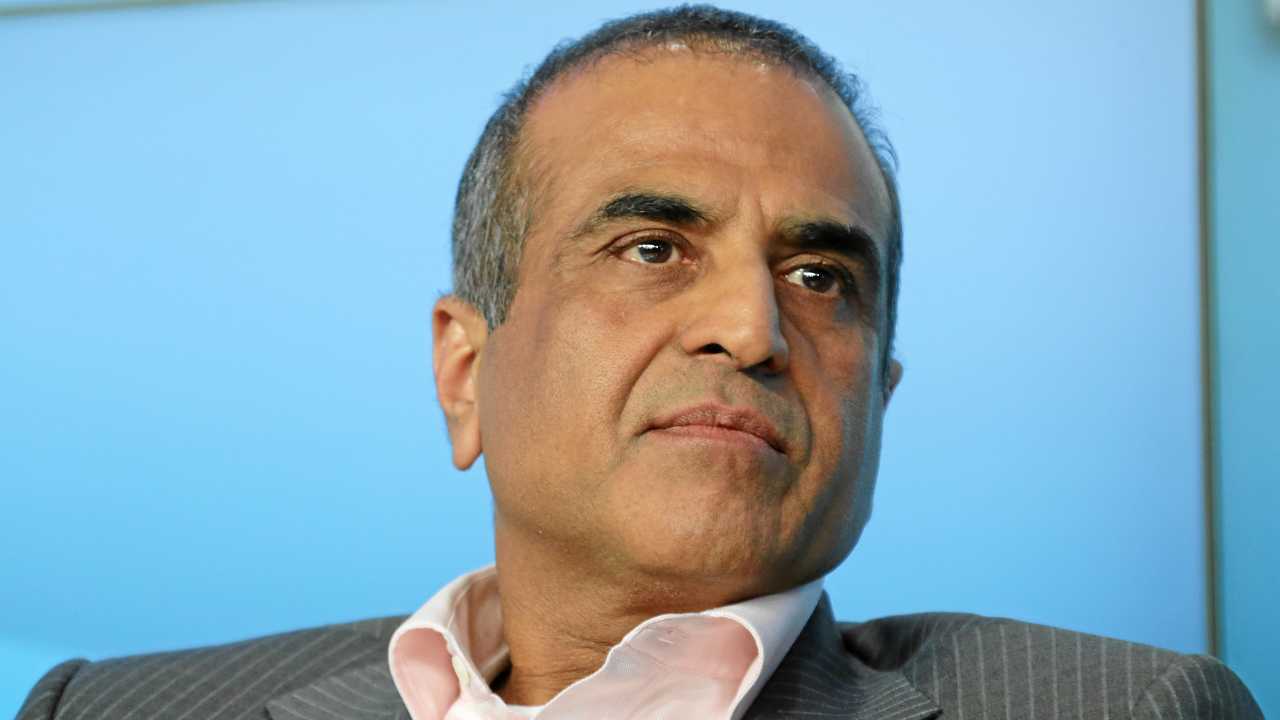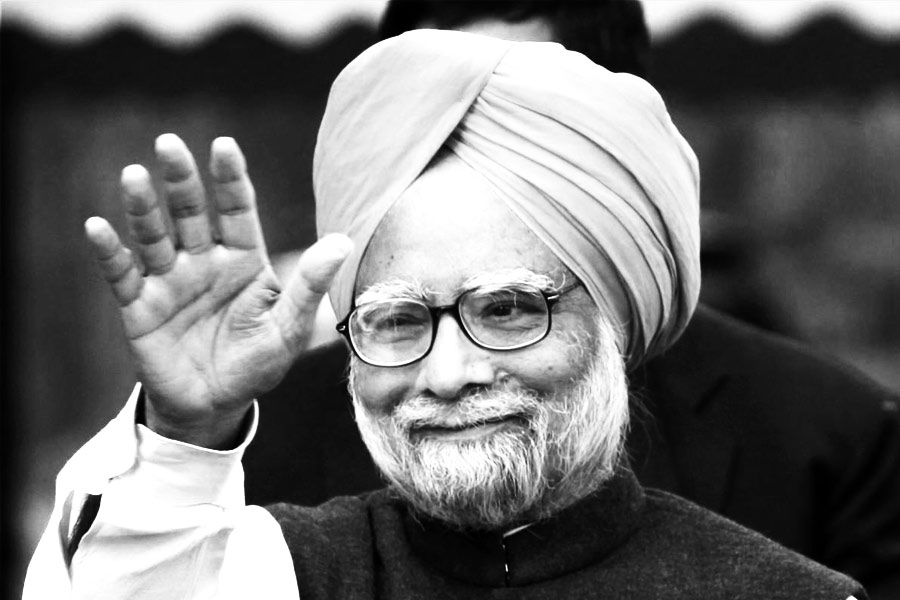The Union Cabinet on Wednesday approved a big-bang relief package for the stressed telecom sector that includes a four-year break for companies from paying statutory dues, permission to share scarce airwaves, change in the definition of revenue on which levies are paid and 100 per cent foreign investment through the automatic route.
The measures, aimed at providing relief to companies such as Vodafone Idea that have to pay thousands of crores in unprovisioned past statutory dues, also include the scrapping of Spectrum Usage Charge (SUC) for airwaves acquired in future spectrum auctions.
Among procedural reforms, shifting from prepaid to post-paid connections and vice-versa will not require fresh KYC.
Briefing reporters on the decisions taken by the Union Cabinet headed by Prime Minister Narendra Modi, Telecom Minister Ashwini Vaishnaw said nine structural reforms for the telecom sector have been approved that are aimed at fostering healthy competition in the sector to provide choice to customers and pave the way for the entry of new players.
The government excluded non-telecom revenues from the definition of Adjusted Gross Revenue (AGR) prospectively. Telecom companies have to pay a pre-fixed percentage of AGR to the government as statutory levies but this will apply prospectively.
The inclusion of non-telecom revenues had led to thousands of crores of dues piling up on companies like Vodafone Idea, pushing them to the verge of bankruptcy.
For the past dues, the Cabinet allowed a moratorium or deferment of up to four years in annual payments. But the telecom companies will have to pay a small interest during the moratorium period.
Also, the government will have an option to convert the due amount pertaining to the deferred payment into equity at the end of the moratorium/deferment period.
A moratorium on AGR-related dues will offer space to the cash-strapped firms to improve its business and clear dues over a longer period.
"The telecom relief package is revenue neutral for the government," the minister said.
The Cabinet also allowed 100 per cent FDI (Foreign Direct Investment) in the sector under the automatic route.
So far, up to 49 per cent was allowed through the automatic route and anything thereafter had to necessarily go through the government route. The latest measures are expected to ease the cash flow issues being faced by some players in the industry.
Spectrum user charges have been rationalised and there will be now an annual compounding of rates. Spectrum can now be surrendered as well as shared.
Spectrum auction calendar will be created while tower set up process is now simplified on the basis of self-approval.
Rationalising spectrum charges, the Cabinet replaced monthly compounding of interest on spectrum usage charges with annual compounding as well as brought down the interest rate.
The package is also expected to boost 4G proliferation, infuse liquidity and create an enabling environment for investment in 5G networks.
The announcement came after the Supreme Court last year ordered payment of statutory dues on the basis of the old definition of AGR.
The telecom firms -- Bharti Airtel, Vodafone Idea and Reliance Communications -- owed nearly Rs 92,000 crore to the Centre as license fee and Rs 41,000 crore as spectrum usage fees.
The Telecom Minister said spectrum auction will be held in the last quarter of the financial year.
He said the Cabinet approved a number of structural and process reforms in the telecom sector.
"These are expected to protect and generate employment opportunities, promote healthy competition, protect interests of consumers, infuse liquidity, encourage investment and reduce the regulatory burden on Telecom Service Providers (TSPs)," he said.
The nine structural reforms include rationalisation of AGR definition, reduction in bank guarantees to be made against license fee and other levies, rationalisation of interest rates and removal of penalties on delayed payment of license fee and Spectrum Usage Charge (SUC) and no bank guarantee for future auctions. Others are tenure of spectrum increased from 20 to 30 years, surrender of airwaves allowed after 10 years, no SUC for spectrum acquired in future auctions, additional SUC of 0.5 per cent for spectrum sharing removed, and 100 per cent FDI.
Procedural reforms include a fixed calendar for spectrum auction, removal of cumbersome requirement of licenses for wireless equipment, allowing self-KYC (app-based), e-KYC rate revised to only Re 1, paper Customer Acquisition Forms (CAF) to be replaced by digital storage of data, and the Department of Telecom will accept data on a portal based on self-declaration.












